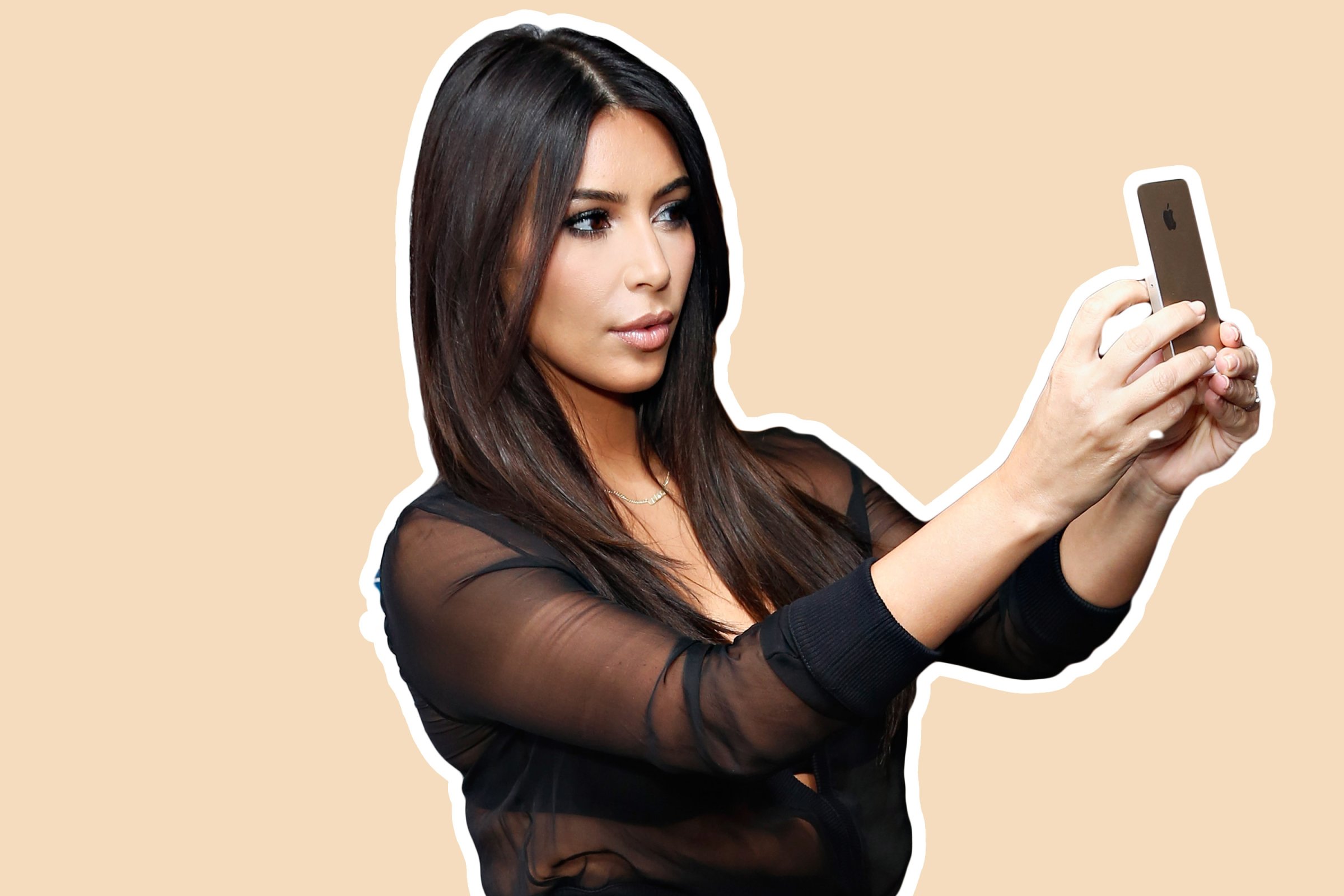
It’s disconcerting to me that there is so much conversation about a nude female body like Kim Kardashian’s because it perpetuates the perception and treatment of a woman’s body as an object.
There’s a really simple but profound concept to consider here: To be aware of where we’re coming from, what we’re doing and why. I think it’s important to ask where the inspiration for beauty standards is coming from. You hear people say things like, “Women get boob jobs because they want do it for themselves!” I’m sorry, but if the male gaze didn’t exist, women would never think to themselves, “Oh, I really want to make my boobs bigger by inserting giant balloons of silicon into them.”
Why aren’t we seeing more images of Kim Kardashian in a business meeting running the show or having meetings with other parents or of her helping change her kid’s diaper? If those things were “hot,” we’d be having a different conversation right now.
I think that celebrities like Kim have the potential for profound influence. I would love to see more people like her engaging with substantive issues in both a fun and critical way.
Read more: ‘It’s 2016—Why is There Still a Stigma Connected to Women and Sex?’
Nobody has the right to police women’s bodies. I don’t think a woman should ever be chastised or threatened for presenting herself in whatever way she chooses. But we have to have a conversation about where a woman’s identity comes from and what factors influence how she constructs that identity.
Read more: Model Precious Lee: If You Think Every Woman Who’s a Size 14 is Unhappy, You’re Wrong
My own artwork will often cite poses from art history or women who used their body as an instrument of political protest, and I think it’s possible to portray nudity without presenting the body as just an object to consumed. But it’s often hard for people to tell the difference. It’s absolutely important to me that an image introduces a dialogue or asks a question. And I think it’s important for women in particular to have the autonomy to decide when her body is sexualized and when it’s not.
Micol Hebron is a feminist activist who focuses on social media and an associate professor of art at Chapman University.
More Must-Reads from TIME
- Donald Trump Is TIME's 2024 Person of the Year
- Why We Chose Trump as Person of the Year
- Is Intermittent Fasting Good or Bad for You?
- The 100 Must-Read Books of 2024
- The 20 Best Christmas TV Episodes
- Column: If Optimism Feels Ridiculous Now, Try Hope
- The Future of Climate Action Is Trade Policy
- Merle Bombardieri Is Helping People Make the Baby Decision
Contact us at letters@time.com